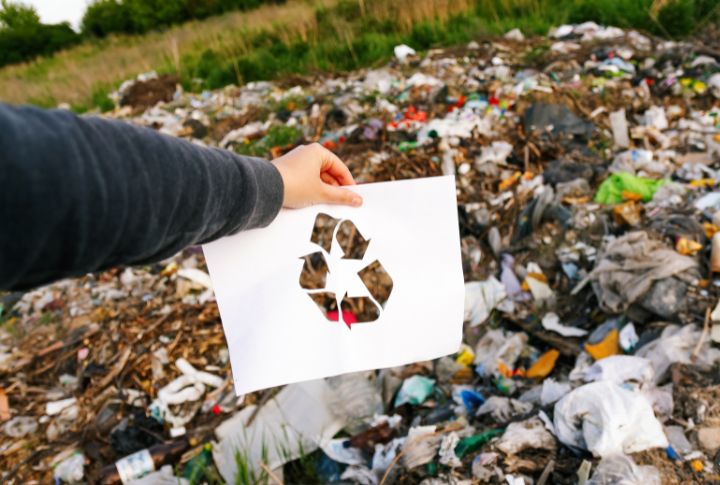
Recycling has become a household norm, and considering that today’s world has become environmentally conscious, such efforts are celebrated for their positive impact on the planet. However, amidst our good intentions lies a common misconception: not everything we toss into the recycling bin is actually renewable. From seemingly innocent materials to everyday household items, here are items you may believe are recyclable but, in reality, should never find their way into the recovery bin.
Plastic Bags

Ah, the notorious plastic bag. Despite being ubiquitous at grocery stores, they are not recyclable in most curbside programs. They can clog machinery at salvage facilities, causing costly delays and hazards.
Pizza Boxes

That cheesy, greasy pizza box might seem like fair game for reprocessing, but think again. The oil residue can contaminate other reusables, rendering the whole batch unrecyclable. Tear off the clean parts before reusing.
Styrofoam

Styrofoam is lightweight and insulating, but sadly, it’s also non-recyclable in many areas. It’s made of expanded polystyrene, a component challenging to recycle because of its low density and lack of economic value.
Disposable Coffee Cups

Your daily dose of caffeine might come in a paper cup, but chances are it’s lined with a thin layer of plastic for insulation. This lining makes it non-renewable in most places. Opt for a reusable mug instead!
Used Paper Towels

After wiping up spills or drying your hands, tossing those paper towels in the salvage bin is tempting. However, their fibers are usually too short to be recycled efficiently. Compost them if possible!
Plastic Straws
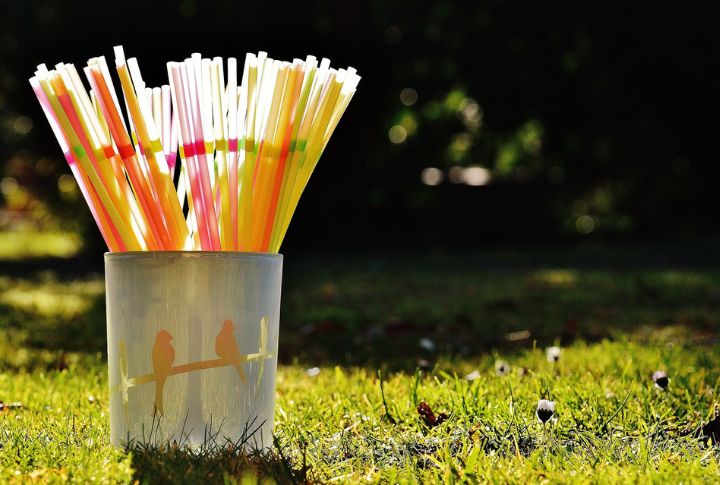
Plastic straws have garnered much attention for their environmental impact. While efforts to ban them have gained momentum, they’re still mistakenly tossed into recycling bins. These lightweight items often slip through the sorting process and become landfill waste.
Broken Glassware

Unfortunately, broken glassware like drinking glasses or ceramics cannot be recycled alongside regular glass bottles and jars. Their composition differs, and they have a higher melting point, making them unsuitable for salvaging.
Shredded Paper

Shredded paper might seem harmless, but its small size poses challenges for recycling facilities. It can clog machinery and contaminate other reusables. Instead, consider composting it or using it as packing material.
Aerosol Cans
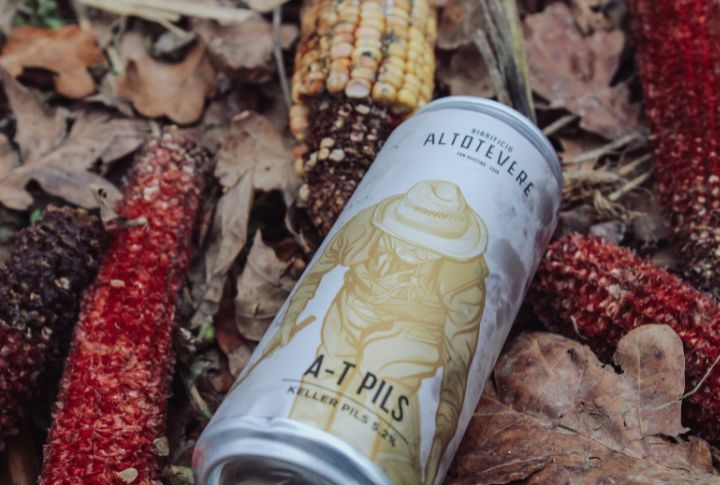
While some aerosol cans are recyclable, many contain hazardous materials like paint or chemicals. These should be disposed of properly at designated facilities to prevent harm to workers and the environment.
Plastic Utensils
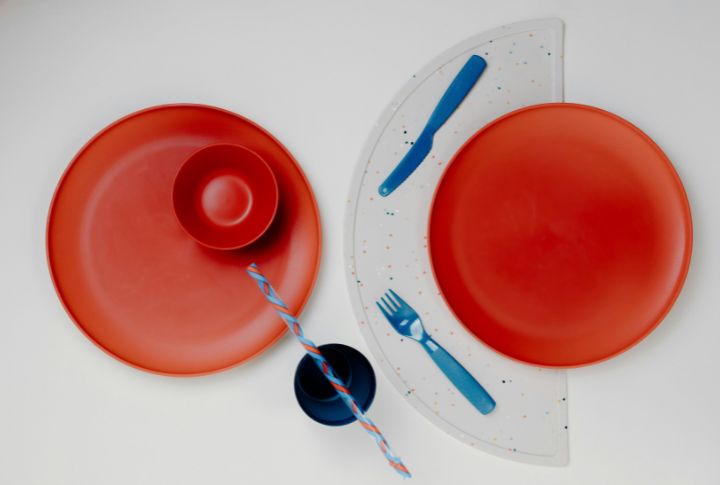
Single-use plastic utensils might make mealtime convenient but are a reprocessing nightmare. Their lightweight nature causes them to get sorted incorrectly at recovery facilities and often end up in the trash.
Clothing

Donating clothing is a great way to extend its lifespan, but worn-out or damaged textiles should be kept from salvage bins. They can get tangled in machinery and disrupt the recovery process. Look for textile recycling programs instead.
Aluminum Foil

Aluminum cans are highly reusable, but aluminum foil is often contaminated with food residue, making it unsuitable for reclamation. Clean foil can be recycled, but it’s best to reuse it whenever possible.
Plastic Bottle Caps
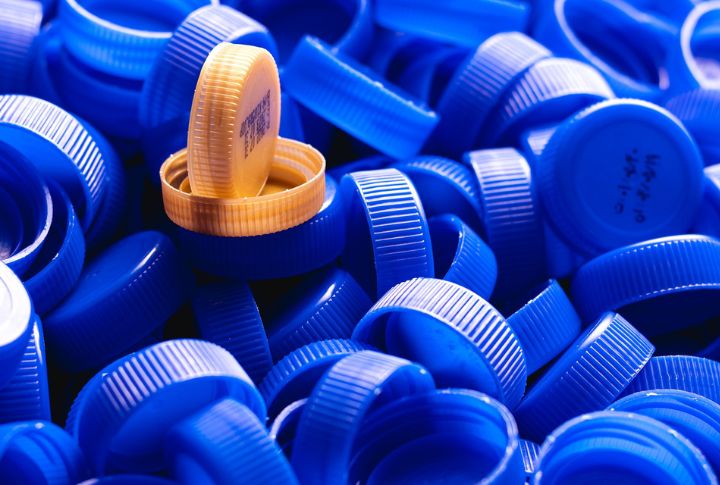
Plastic bottle caps are usually made from a different type of plastic than the bottles themselves, making them incompatible for reprocessing together. Make sure to remove and discard them before salvaging your bottles.
Light Bulbs
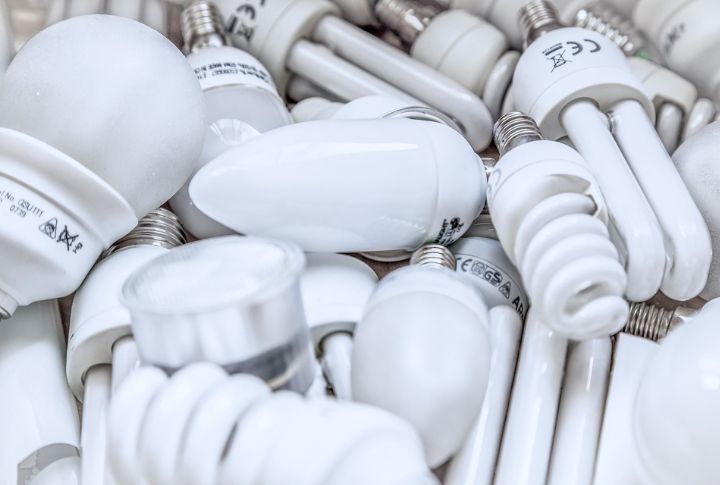
Compact fluorescent bulbs (CFLs) and other types of light bulbs contain hazardous materials like mercury and should not be tossed into regular recycling bins. Many hardware stores offer reclamation programs for these items.
Batteries
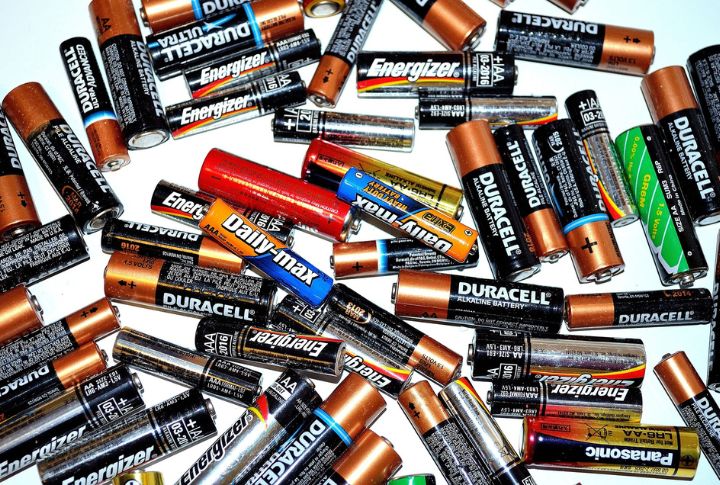
Batteries should never be tossed into the regular trash or recycling bins. They contain heavy, harmful metals that can leak into the environment if not handled carefully. Instead of throwing them in your bin, look for battery reprocessing places in your neighborhood.


Comments
Loading…